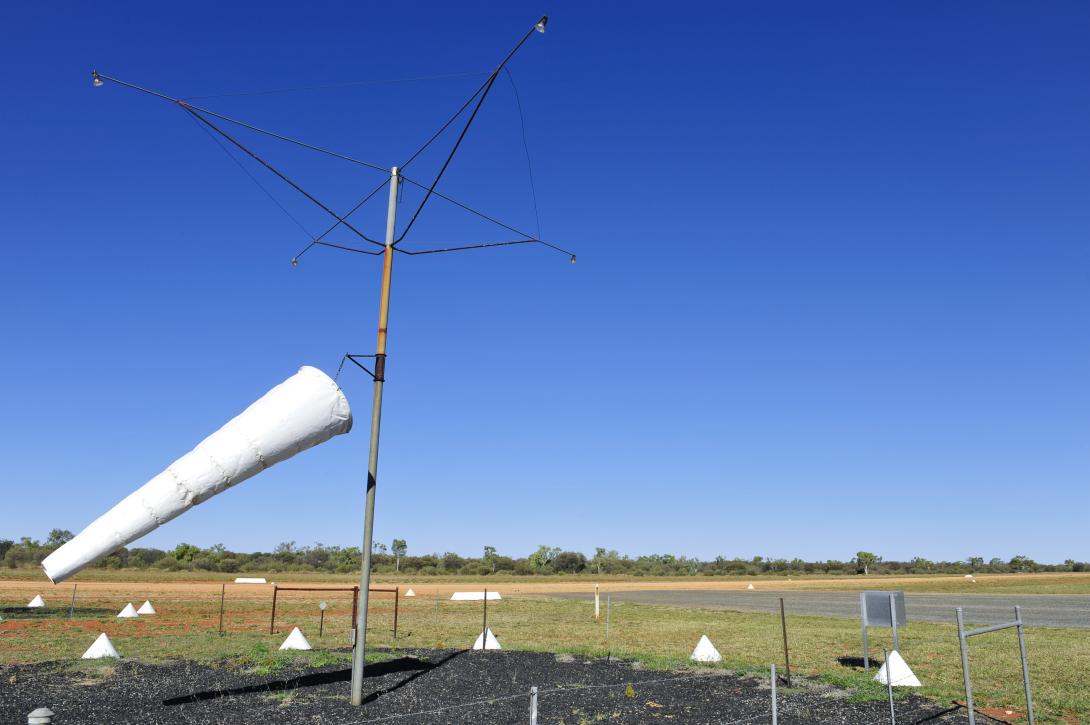
Melbourne-based General Practitioner, Dr Francis Leung, has completed seven three-week placements in the Northern Territory for RAHC.
Having previously been involved in the Federal Government’s child health checks in Alice Springs, Dr Leung had an interest in understanding more about Aboriginal cultures, way of life and healthcare improvements. After finishing that project, he received an email from the RAHC program coordinators seeking help from city-based GPs for short term assignments in the Northern Territory (NT), due to GP shortages in the region.
Although Dr Leung was already familiar with issues in the region, he found the cultural training and orientation organised by RAHC prior to his placement really useful, as it enabled him to have face-to-face time with Indigenous health workers and experienced remote area nurses (RAN) to pick up tips on what to expect and how to deal with culturally sensitive issues.
Dr Leung says there were many highlights during his placements. “I was often learning new skills and using innovative and alternative resources for treatment,” Dr Leung says.
“During one clinic appointment, I watched with interest as a visiting technician used a portable ultrasound machine to detect a child’s greenstick fracture, saving a 600km round trip by light aircraft for an x-ray.
“As a city-based GP, I don’t usually deal with broken bones so I didn’t know that was possible – you learn something new every day!”
Although conditions in the Northern Territory can be challenging at times, Dr Leung says a RAHC placement goes a long way to making a difference to improve access to services and health outcomes for Indigenous Australians.
“My assignment fell during the wet season in the NT which made access to isolated areas more difficult, but the work was incredibly rewarding and the results often immediate,” he said.
“One day, due to flooding, we had to take a boat out to a remote community where a mother brought her one-year-old child to the clinic with a chest infection. He was very wheezy but we were able to treat him on the spot and see an improvement straight away, which was really gratifying.
“Ear infections are rife in the community, particularly among babies and young children, and we were able to provide treatment to try and eradicate the problem.
“I also enjoyed having the opportunity to share skills and work as a team with other healthcare professionals who were on site with me, and where possible we operated a mini-referral process between us. For example, I spent one week working in a group with a podiatrist from New Zealand, so when I saw a diabetic patient with a foot problem, I was able to refer her to him.”
Dr Leung says working with RAHC has helped him develop a greater understanding of the issues facing rural Indigenous communities.
“I’ve been quite affected by the experience and feel there is still much more work to be done so I’m going to continue doing RAHC assignments,” he said. “My daughter is in her third year studying medicine at the University of Melbourne, and she said her classmates often talk about doing volunteer medical work overseas. I keep reminding them that there is work to be done in their backyard too!”
Would you like to share your RAHC experience with other Health Professionals? We are always looking for RAHC Health Professionals to tell us about their experience, by preparing a RAHC story. If you are willing to share your story, please contact your Placement Consultant or email us.
